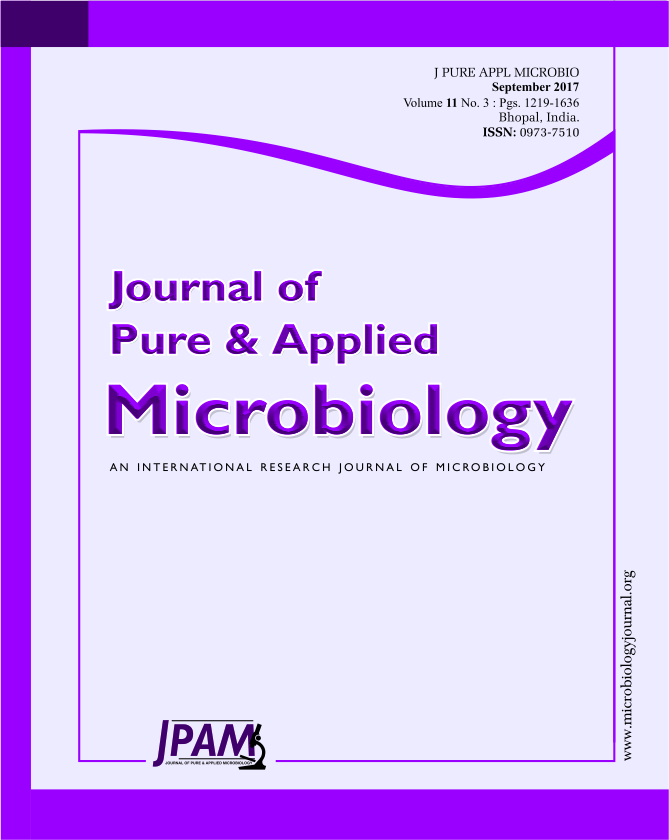Pseudomonas syringae pv. syringae (Pss) is a gram negative plant pathogenic bacteria that cause severe disease on more than 150 various plant species. Pss is the most frequently bacterial pathogens on crops that make high economical damages in Iran. Studies showed that this bacterium cause significant yield losses in main crops in Iran. During infection of host plants by this organism, damage to plant cells will occur by production of virulence factors.This pathovar produce two cyclic lipodepsipeptide phytotoxin families including syringomycins (SR) and syringopeptins (SP). The strains of Pss were isolated from apricot, cherry, peach and wheat in Southwest Iran. To find out whether production of syringomycin and syringupptin in different isolates is affected by plant material, inhibitory effect of these toxins on Geotrichum candidum and Bacillus megaterium were studied. When no plant extracts were added to the SRM medium, the most intense inhibitory effect on the G. candidum was observed in isolate C1. The highest production of syringomycin was achieved by this strain in the presence of Takdane cultivar leaf extract. The production of syringomycin and syringopeptin by all isolates was significantly higher in the presence of plant extracts on SRM and PDA agar medium.
Iran; Plant extracts; Pss; Toxin.
© The Author(s) 2017. Open Access. This article is distributed under the terms of the Creative Commons Attribution 4.0 International License which permits unrestricted use, sharing, distribution, and reproduction in any medium, provided you give appropriate credit to the original author(s) and the source, provide a link to the Creative Commons license, and indicate if changes were made.


